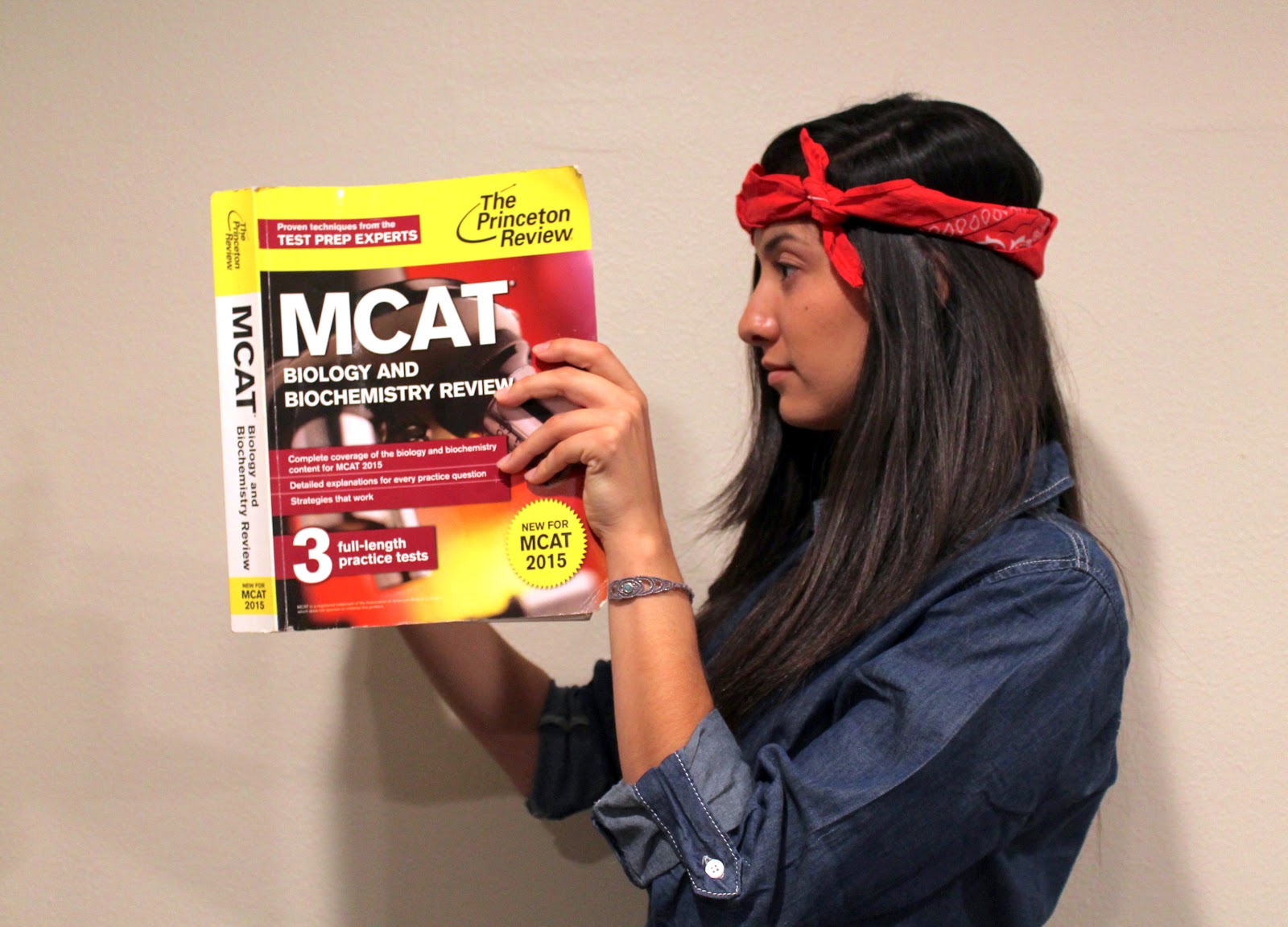
Pepperdine senior piano major Emily Phan realized during her sophomore year that she needed to drop her Gamma Phi Beta sorority. Her grades were suffering and she wasn’t getting enough hours of practice in on the piano.
“When I didn’t know where my priorities were, and I was too consumed into Greek life, I realized I needed to set my priorities straight,” Phan said. “I was not good with balance.”
Overall, a Pepp Post poll of 102 Greek students found that most are happy to be affiliated. Those who do drop, like Phan, do so primarily to save time and money as their priorities change.
Greek leaders work to increase retention by showing the opportunities that come with being a member.

To Greek or not to Greek
According to 102 Greek Students, the main benefits to joining Greek Life are friends and social activities.
Roughly 35 percent of Greek students at Pepperdine have considered dropping from their sorority or fraternity.
However, less than 8 percent of students regret joining Greek life.
Time and money are the top reasons students drop or consider dropping, though lack of connections with sorority or fraternity members also ranks high, according to the poll.
The poll asked current Greek students to rank how often they felt they could be doing better things with their time while attending Greek events, on a scale of 1 to 5, with one being never and five being always. According to the poll, most Greek members feel their participation is time well spent.
However, being in Greek life is very time consuming, from three to 20 hours a week, students said.
This time includes required chapter meetings, philanthropy events, social events and spending time with friends from their chapter.
On top of dues, which cost between $600 to over $1,000 depending on the chapter, students pay to attend multiple Greek events, from philanthropies to formals.
Each philanthropy event ranges from $5 to $15 each and they happen almost every week, students said.
Phan said that for each semester that she was in her sorority she would spending around $1,500 to $2,000 outside of her dues to pay for dresses for events, going out to eat, and doing other activities with her sorority.
Outgrowing a sisterhood
Petra Sikorski, junior political science major, made the choice to drop her sorority, Pi Beta Phi, in order to focus more on her leadership role and her future. It is not unusual for students to grow out of Greek life because of a change of interest.
“I reached a point in my Pepperdine career where I wanted to focus more on my academics and my career outlook and dedicate time in my leadership role in the Green team, which is the environmental group on campus,” Sikorski said.
She had joined originally to find connection.
“I heard that Pepperdine gets very isolated after your first year if you haven’t gone abroad,” Sikorski said.“I didn’t want to feel like I was in a bubble with just people I was seeing in classes. I thought it was a good idea to plug into a social community.”
Katie O’Malley, junior rhetoric major and vice president of membership development for Pi Beta Phi sorority, said she considered dropping her freshman year due to the time commitment as she’s also on the track team.
“t was like a really big commitment and it was hard,” O’Malley said. “ Like track is really big. So it was hard for me to be like still really involved in Pi Phi and I, but also it was partly me not being intentional about it.”
Fiona Quah, a freshman media production major and international student, got a taste of American college life through trying Greek life.
“All I had to go off of was movies and television shows, especially at Pepperdine we don’t have Greek houses and the rushing process is very different here so I wanted to seek it out and get my feet in it,” Quah said.
Quah rushed this spring and received a bid from Gamma Phi Beta. However, after experiencing some of the events and the commitments involved, she decided to drop as it was not what she really wanted to do.
“For me, I felt like I had a lot of things going on this semester like my friend from Singapore is an exchange student in San Diego so she would come over on the weekends and I would go over on the weekends,” Quah said.
She still socializes with some of the women in Gamma Phi Beta since dropping. Phan said she is still happy with her decision to drop her sorority.
Dropping before even beginning
In Fall 2018, approximately 300 girls decided to enter Panhellenic recruitment, Allison Green, assistant director for Student Activities, said.
Green said that through the rush process there is about a 65 percent retention rate.
Throughout the 2018 recruitment season, 90 percent of potential new members received a bid to their first-choice sorority, Green said.
Students start to leave during rush when it doesn’t live up to their expectations, Green said. Some are disillusioned by the time and financial commitment, prompting them to quit.
“We don’t like to put a price tag on each chapter, so we give a range,” Green said.
Junior biology major Jillian Moran was faced with two choices when making her decision to join Greek life on campus. Moran’s sister, Rachel, attended Pepperdine and was a member of Kappa Kappa Gamma sorority, and her brother, Matthew, still attends Pepperdine and is a member of the business fraternity, Alpha Kappa Psi.
Moran rushed both the business co-ed fraternities and sorority panhellenic recruitment in Fall 2018. She ultimately knew she would not be able to do both.
Moran said she looked up to the students in the business frat because they were building their professional career, so she joined Alpha Kappa Psi.
Working on retention
Simon Pilato, president of Sigma Phi Epsilon fraternity, said there are three main reasons he sees for people dropping: Money, parental protest or dissatisfaction with what fraternities offer.
Pilato said he works on finding ways to retain new members.
“We get brothers jobs,” Pilato said.“Personally, as the president, I talk to new members’ parents to try to sell them how Sig Ep is different and not like the whole stereotypical thing.”

Ultimately there is not much Greek leaders and chapters can do to keep all of their members, Pilato said.
“With them not getting out what they want, there is only so much we can do,” Pilato said.“Sig Ep provides a lot, you get what you put into it. … With the people that don’t put anything into it, there’s not a whole lot the fraternity can do besides try to bring them in.”
Bailey Hammer, junior physics and pre-medicine major, said her sorority, Delta Delta Delta, helped her form a social connection with a plethora of opportunities.
Greek life at Pepperdine encourages members to grow even if it can be frustrating at times, said Hammer, who was vice president of membership for Tri-Delta last semester.
Hammer said she has considered dropping her sorority because of how overwhelming it can be.
“I would never actually do it just because Tri-Delta really challenges me and pushes me outside of my comfort zone,” Hammer said.
The frustration and uncertainty that sororities face can be a reason why students feel like its not worth it, Hammer said.
Green said she would recommend Greek groups improve their retention through improving the sorority and fraternity infrastructure.
“Being able to really show tangible examples of ‘this is what it means to be Greek,” Green said. “These are things that you’re wanting to get out of it and this is how you will grow, this beyond your college experience. … I would rather our Greek community be smaller if it means that we have 90-100 percent retention.”
This compliments O’Malley’s perspective that philanthropy in Greek life should be better organized and more of a priority in order to develop stronger dedication from Greek members. If they care about what their sorority or fraternity stand for then they are less likely to drop, O’Malley said.
“We have this whole idea of philanthropy and that it something we should be passionate about but I just think that the way the philanthropies are organized within Greek life is just not very well structured or centered on just competition,” O’Malley said.
Evelyn Ross completed the reporting for this story under the supervision of Dr. Christina Littlefield and Dr. Theresa de los Santos in Jour 241 in Spring 2019.



